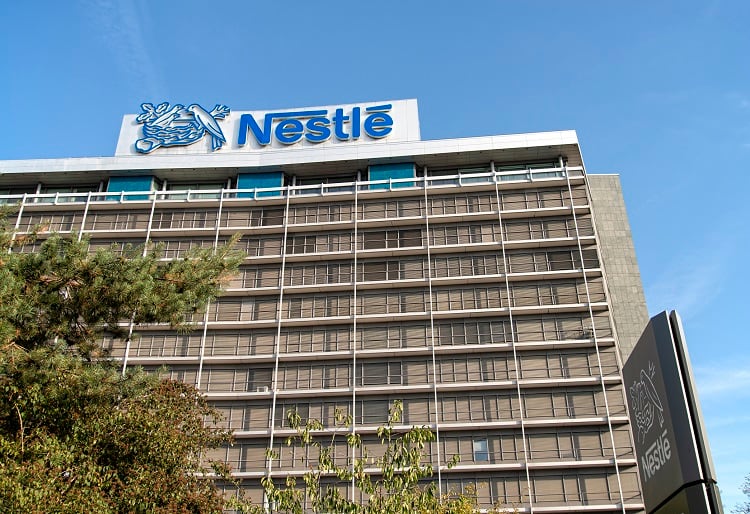The agreement combines Nestlé’s internal innovation and commercialisation capabilities with Burcon’s proprietary plant protein extraction and purification technology and Merit’s ‘state-of-the-art’ plant protein production capabilities, Nestlé said.
Established in 2019, Canada-based Merit is currently building a commercial-scale production facility for its ‘novel’ plant-based ingredients. The new site, which is expected to be completed by the fourth quarter of 2020, leverages Burcon’s proprietary and patented extraction and purification technology. Burcon has been developing its plant-based protein technology for more than 19 years.
Announcing the move, Nestlé chief technology officer Stefan Palzer said that the company needs access to ‘tasty, nutritious and sustainable’ raw materials as well as ‘proprietary manufacturing technology’ to spur innovation within the plant-based meat and dairy space.
"The partnership with Burcon and Merit will give us access to unique expertise and a new range of high-quality ingredients for plant-based food and beverages,” Palzer commented.
Merit's ingredients portfolio includes a soluble, neutral-tasting pea protein made using Burcon's IP-protected purification and extraction process. Merit also produces a proprietary combination of pea and canola protein.
Merit co-CEO Ryan Bracken added that the tie-up was a ‘major step’ in developing the ‘next generation’ of plant-based products. “Merit has already demonstrated the impact of our novel proteins in plant-based foods,” he noted.
Strategic partnerships for faster innovation
The news comes on the heels of Nestlé’s recent deal that will see it work with Corbion to examine the potential of microalgae for plant-based proteins.
A spokesperson for the company explained that working with key suppliers and other external stakeholders is an important part of the company’s innovation strategy.
“Strong collaborations with external partners is key as this helps us to strengthen our internal capabilities and accelerate our innovation. In addition to strategic partnerships with innovation partners such as Corbion, Burcon and Merit, we also collaborate with start-ups, research institutions, suppliers and other innovation partners across key focus areas including plant-based innovation and new solutions for packaging.
“For example, we joined forces with other key players to launch the Swiss Food and Nutrition Valley initiative in Switzerland. Another example of our collaborative efforts is the launch of our R&D Accelerator in Lausanne, with similar ones being implemented across our R&D centers globally.
“Strong collaborations with external partners is key as this helps us to strengthen our internal capabilities and accelerate our innovation. This is especially important as we innovate to overcome current societal challenges such as sustainability and climate change.”
Plant-based is a key R&D priority for Nestlé. And, while the company declined to comment on what impact these agreements will have on the speed to market of new products, the spokesperson stressed that a significant proportion of Nestlé’s innovation resource is being placed behind the category.
“At this time, we cannot provide further details on the impact to our portfolio. However, we have around 300 Nestlé R&D scientists, engineers and product developers who are working on plant-based food offerings. This represents almost 10% of all R&D globally,” the spokesperson told FoodNavigator.
When the world’s largest food maker seeks out collaboration opportunities, it is looking to partner with suppliers who can augment its own internal resources. “We look for suppliers that can complement our own capabilities, whether it’s with new technologies, breakthrough science or novel ingredients,” the spokesperson elaborated.
Currently, Nestlé’s plant-based product range includes pea, soy- and wheat-based burger patties, sausages, mince meat, chicken filets and various prepared dishes. The company also developed pea and oat-based dairy alternatives, almond-, coconut- and oat-based creamers, plant-based coffee mixes as well as a range of non-dairy ice creams.
It also recently announced its plans to launch vegan alternatives to cheese and bacon, designed to complement its existing plant-based burger patties.




